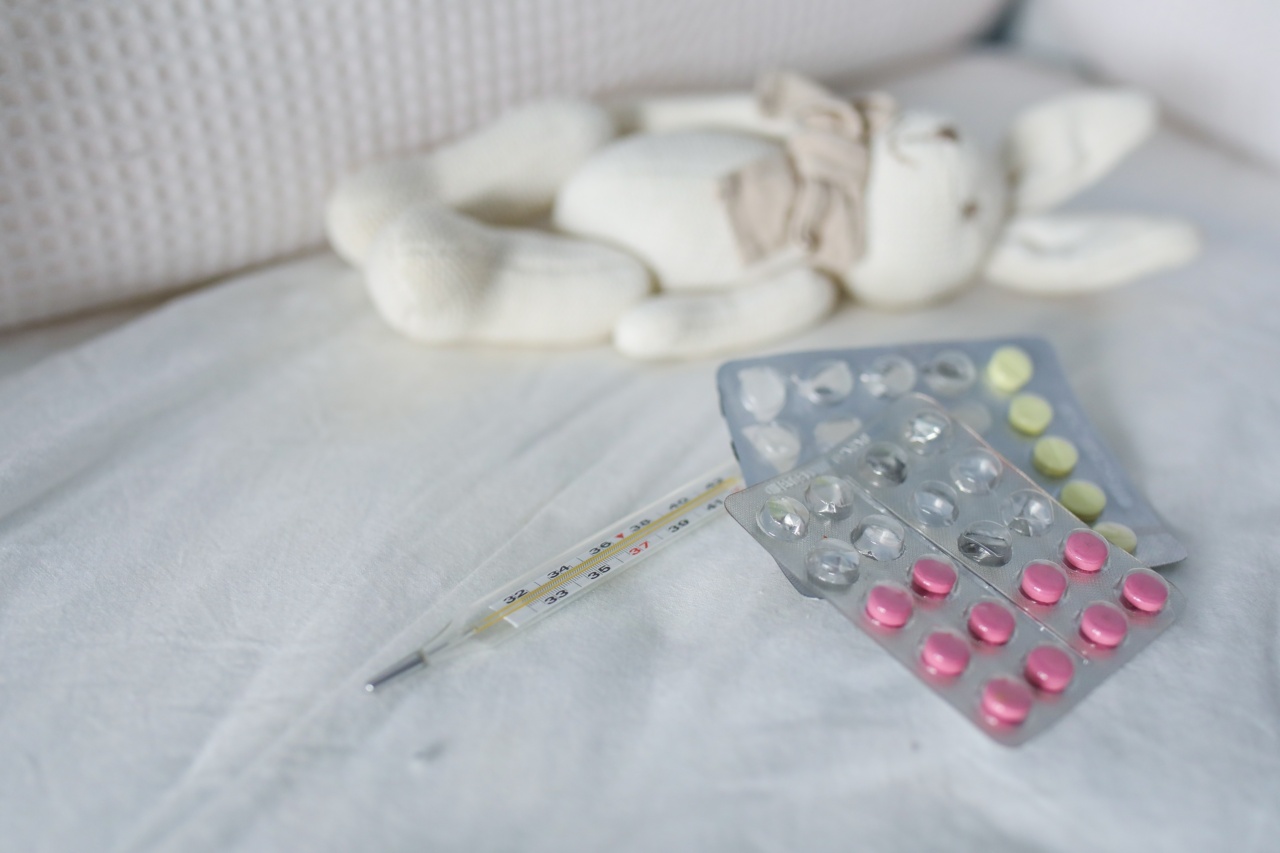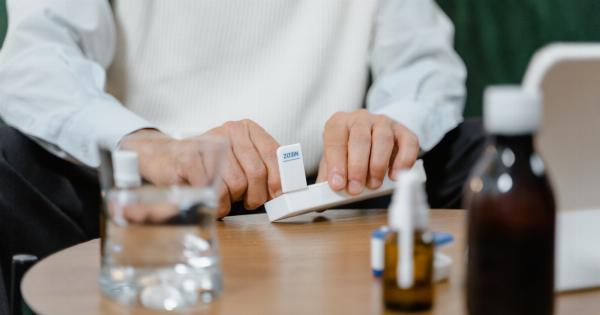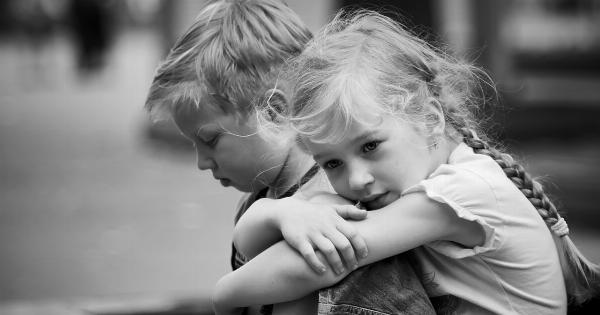Psoriasis is a skin condition that causes patches of red, scaly skin to appear on different parts of the body. While psoriasis is most commonly seen in adults, it can also affect children and adolescents.
Childhood psoriasis can cause discomfort and self-esteem issues in young sufferers, but it can be managed with the right treatment and care.
Causes of Childhood Psoriasis
The exact cause of psoriasis is unknown, but it is believed to be linked to a problem with the immune system. In psoriasis, the immune system mistakenly attacks healthy skin cells, leading to the formation of patches of scaly, inflamed skin.
While the exact cause of psoriasis is not known, certain factors can trigger or worsen the condition. Some of the most common triggers for childhood psoriasis include:.
- Infections, such as strep throat or skin infections
- Injury to the skin, such as cuts or scrapes
- Stress
- Certain medications, such as lithium, beta-blockers, and antimalarial drugs
- Cold weather
- Smoking
- Alcohol consumption
Symptoms of Childhood Psoriasis
The symptoms of childhood psoriasis can vary depending on the type of psoriasis and the severity of the condition. Some of the most common symptoms of childhood psoriasis include:.
- Red, raised patches of skin
- Silvery-white scales on the skin
- Cracked, dry skin that may bleed
- Itching or burning on the affected skin
- Nail changes, such as separation from the nail bed or pitting
Psoriasis can also lead to emotional and psychological issues in children, such as low self-esteem, embarrassment, and anxiety.
It is important for parents and caregivers to be aware of these issues and to provide support and encouragement to children with psoriasis.
Treatment Options for Childhood Psoriasis
While there is no cure for psoriasis, there are a number of treatment options available to help manage the symptoms of the condition.
The most appropriate treatment for childhood psoriasis will depend on the type and severity of the condition, as well as the child’s age and overall health.
Some of the most common treatments for childhood psoriasis include:.
- Topical corticosteroids to reduce inflammation and itching
- Topical vitamin D analogues to slow down the growth of skin cells
- Calcineurin inhibitors to reduce inflammation
- Phototherapy, which uses ultraviolet light to slow down the growth of skin cells
- Systemic medications, such as retinoids or immunosuppressant drugs, which are used in severe cases
In addition to medical treatments, there are a number of things that parents and caregivers can do to help manage childhood psoriasis:.
- Keep the skin moisturized with gentle, fragrance-free products
- Avoid harsh soaps and detergents
- Encourage children to avoid scratching or picking at the affected skin
- Dress children in soft, comfortable clothing
- Provide emotional support and encouragement to help reduce stress and anxiety
- Encourage a healthy lifestyle, including a balanced diet and regular exercise
Conclusion
Childhood psoriasis can cause discomfort and self-esteem issues in young sufferers, but it can be managed successfully with the right treatment and care.
While there is no cure for psoriasis, there are a number of treatment options available, and parents and caregivers can take steps to help manage the condition and provide emotional support to children with psoriasis.






























